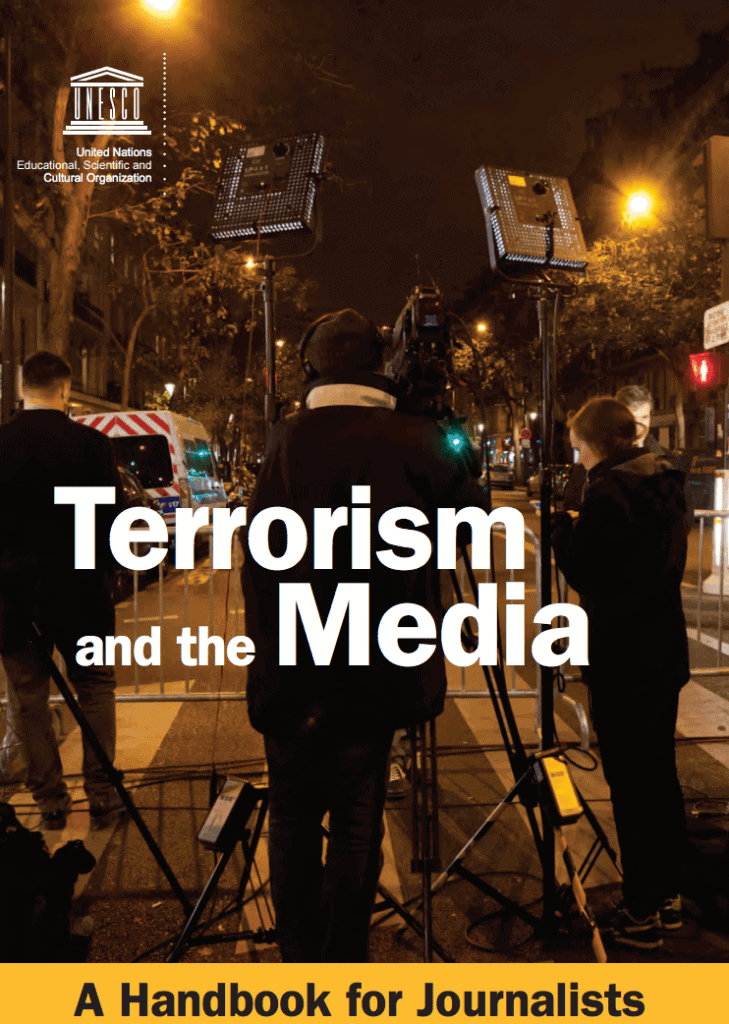“If you don’t trust it why would you pay for it?”
The Organisation of News Ombudsmen annual meeting was hosted by The Hindu newspaper in Chennai from 22-23 October. EJN board member, Chris Elliott, spoke on two sessions: hate speech and terror and self-regulation in the UK five years after Leveson.
This was one of the key questions posed by Prof Rasmus Kleis Nielsen, the director of research at the Reuters Institute for the Study of Journalism at the annual conference of news ombudsmen in Chennai last week, where the Ethical Journalism Network joined self-regulators in a probing examination of the crisis of fake news, misinformation and their impact on editorial freedom.
Chris Elliott, EJN board member, took the floor to speak at two sessions: hate speech and terror and self-regulation in the UK five years after the ground-breaking Leveson inquiry into press ethics.
Prof Nielsen put his question in a session about fake news and the trust in media and after laying out some of the findings of the latest Reuters Digital News report based upon a survey by YouGov, carried out in 36 countries.
Among the findings are that only a quarter (24%) of the Reuters respondents think social media do a good job in separating fact from fiction, compared to 40% for the news media. Qualitative data suggests that users feel the combination of a lack of rules and viral algorithms are encouraging low quality and ‘fake news’ to spread quickly.
Prof Nielsen’s question came on the second day of the conference, where ombudsmen from 15 countries discussed the issue of freedom, accountability, trust and fake news.
The question also resonated with a point made earlier by Mr N. Ram, the former Editor-in-Chief of the Hindu, who in his keynote speech, said that there was still no “viable commercial model for digital media”.
He said print sales in India were holding up well although the Indian press was still recovering from the scandal of people “buying favourable stories”, which emerged in 2009.
During the fake news session another panelist, Pratik Sinha, the founder editor, of Alt News, a fact checking site, said the messaging service WhatsApp does very well in India, not least because mobile phones are very cheap, they can cost as little as 1500 rupees (£17.50). However, he said this means that people have “access to propaganda but no means to check it”.

One session was dedicated to the UNESCO guidelines on terrorism and the media, which were written by Jean-Paul Marthoz, a member of the EJN editorial advisory board. These had also been at the heart of a closed session, organized by the Public Media Alliance (PMA) with funding support from UNESCO which was attended by broadcasters from South Asia, and held the day before the Organisation of News Ombudsmen (ONO) conference began.
Broadcasters, who attended that session, also attended the ONO conference.
The guidelines, which examine every aspect of covering a terrorist attack from ethics to practical ground rules, have been produced to help deal with the difficulties facing journalists trying to be fair, open and transparent in an area where the psychological impact of an attack can be more devastating than the physical.
The publication can be viewed online at the following links:
French : http://unesdoc.unesco.org/images/0024/002470/247075F.pdf
English : http://unesdoc.unesco.org/images/0024/002470/247074E.pdf
Chris Elliott quoted the introduction of the UNESCO report: “The issue is crucial because this coverage of terrorism reveals the position of the media within society. ‘A reporter’s ability to practice responsible reporting and due diligence with the speed needed in our digital age is critical to fulfilling the civic duty that journalists maintain in our world’, said Somali-American journalist Mukhtar Ibrahim following the 2013 attack on the West gate Mall in Nairobi’.”
The reactions of media also determine the impact of terrorism on society, said the report, which went on to highlight the difficult choices facing journalists:
“The media are caught in an infernal dilemma,” writes French lawyer Antoine Garapon.’On the one hand, the media echo is likely to make victims the unintentional messengers of their executioners’ search for glory; on the other, self-censorship could be interpreted as a capitulation. Fear can lead to the reclamation of hard-won freedoms and eventually reduce the difference between democratic states and authoritarian regimes – precisely what terrorists seek.’”
There was a remarkably strong consensus about how journalists should approach the reporting of hate speech and terror among the diverse group of broadcasters from both public and private news media in their day-long session before the ONO conference.
The key outcomes of the session, supported by the EJN, they wish to take forward with the PMA are:
- Prepare a glossary of neutral terms that are acceptable to every community when discussing these attacks.
- Embed a proper process for corrections to guarantee transparency
- Don’t glorify/sensationalism terrorism
- Don’t repeat graphic images/ content
- Employ an independent public editor
- Ensure fact checking and verification
- Set up a code of ethics/guidelines
- Lobby Facebook for the prompt removal of content inciting violence or containing hate speech from organisations’ social media streams.
The Ethical Journalism Network works with press councils and other self-regulatory bodies to strengthen good governance and accountability with media around world with a current focus on Pakistan, Turkey and the Western Balkans. Following our reports on self-censorship and corruption the have developed a media audit for enterprises to analyse their own systems and processes and find areas where they can improve.

The Trust Factor is the Ethical Journalism Network’s international review of journalism, self-regulation and trust in media, published in 2015. Download the PDF here.
Main photo: ONO Fake News Panel: Sally-Ann Wilson – CEO, Public Media Alliance, Professor Rasmus Nielsen – Reuters Institute, Pratik Sinha, Co-Founder @AltNews, a fact-checking site and Ignatz Staub, Ombudsman and Mediator, Tamedia. (Photo: ONO)